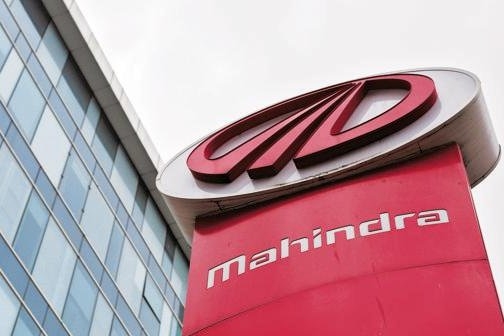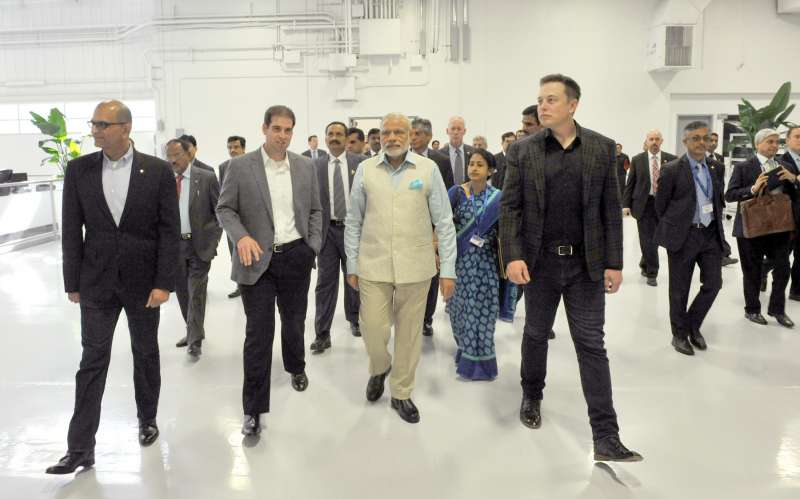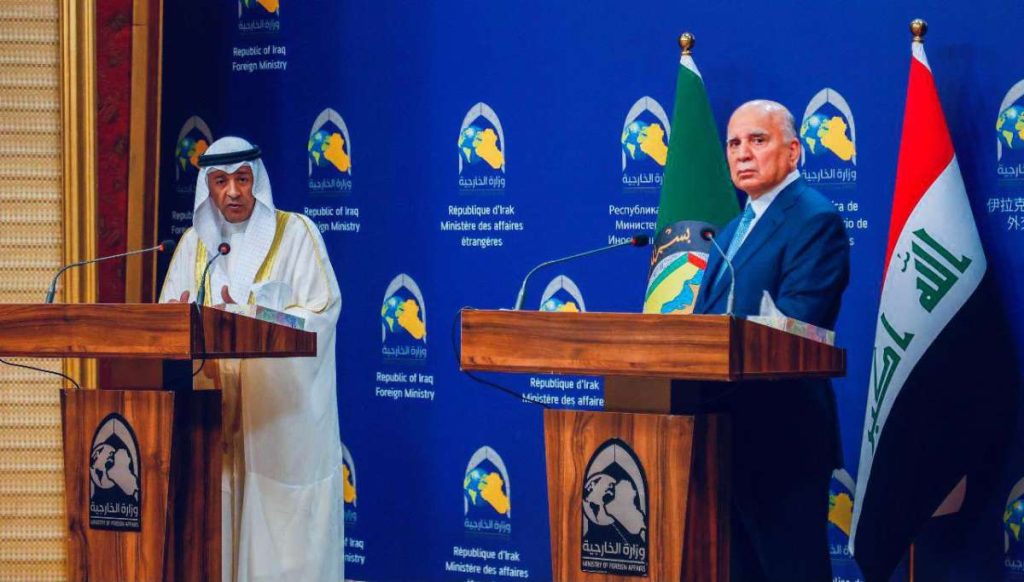Tesla and world leaders in EV sector are focussing on India. The country is making rapid strides to make electric vehicles occupy 30 per cent of automobile market share by 2030. The EV sector may generate 5 million employment opportunities
India’s EV market is expected to grow at an impressive compound annual growth rate (CAGR) of 49 per cent from 2022 to 2030. The country is making rapid strides to make electric vehicles (EV) occupy 30 per cent of the automobile market share by 2030. The EV sector may generate 5 million employment opportunities.
According to a report by Reuters, Tesla has expressed an interest in building a factory in India that would produce low-cost electric vehicles (EVs) for the local market and for export, the person said, adding that the company had indicated that it would be for the new vehicle.
Tesla representatives are set to meet India’s commerce minister this month to discuss plans to build a factory to produce what the company has described as an all-new $24,000 car.

German luxury carmaker BMW will locally produce its electric vehicles in India, and it is just a matter of time as the company’s vehicles continue to gain traction in the market, according to a senior company official. BMW, which saw 9 per cent of its sales in India coming from EVs in the first half of 2023, expects to reach up to 25 per cent by 2025.
”As the volumes grow, as we have done with every other product, we will localise them (EVS), and we will produce them (locally),” BMW Group India President Vikram Pawah told PTI in an interview.
The Indian EV sector is growing rapidly and is predicted to record a growth of USD 113.99 billion in 2029.
The growth of EVs will not only impact the country’s economy positively but also bring significant social and environmental benefits. These all factors accentuate India’s economic growth along low-carbon pathways, thereby facilitating the net zero vision of 2070.
Suman Bery, Vice Chairman, NITI Aayog, said, “The Indian EV industry’s expansion serves as a catalyst for job creation. This sector is expected to generate approximately 5 million direct and indirect employment opportunities by the end of the next decade.”

These stupendous prospects present a unique chance to address the dual challenges of sustainable urbanization and unemployment, ensuring a brighter future for the citizens and our planet. On this occasion, Chief Minister of Goa, Pramod Pandurang Sawant announced that from 2024, all new tourist vehicles will be mandated to be electric in the state, which marks a significant leap in Goa’s commitment to eco-friendly transportation, reported NewsonAir.
Amitabh Kant, G20 Sherpa, emphasized the need to maintain the EV momentum in India. He said, a low-cost financing framework, a robust charging infrastructure, and collaborative efforts among central, state, and city authorities, all underpinned by a consistent policy framework, will shape the future of e-mobility in India.
According to Fortune Business Insights, India’s electric vehicle market is projected to grow from USD3.21 billion in 2022 to USD113.99 billion by 2029 at a CAGR of 66.52 per cent in the forecast period, 2022-2029 forecast period.
According to a report in Invest India, India is the third largest automobile market globally in terms of sales, ahead of Germany and Japan. There is now a push for manufacturers and policymakers to collaborate to shift demand towards greener options. The automotive sector is a major contributor to India’s economy, accounting for 7.1 per cent of its GDP and providing significant employment. The Economic Survey 2023 predicts that India’s domestic electric vehicle market will see a 49 per cent compound annual growth rate (CAGR) between 2022 and 2030, with 10 million annual sales by 2030. Additionally, the electric vehicle industry is projected to create around 50 million direct and indirect jobs by 2030.
The Indian government has set a target to achieve 30 per cent electrification of the country’s vehicle fleet by 2030 and has introduced several incentives and policies to support the growth of the EV industry. The industry was given a major boost in the FY24 Union Budget for the production of electric vehicles, adoption of hydrogen fuel, and embracing changing technologies.








